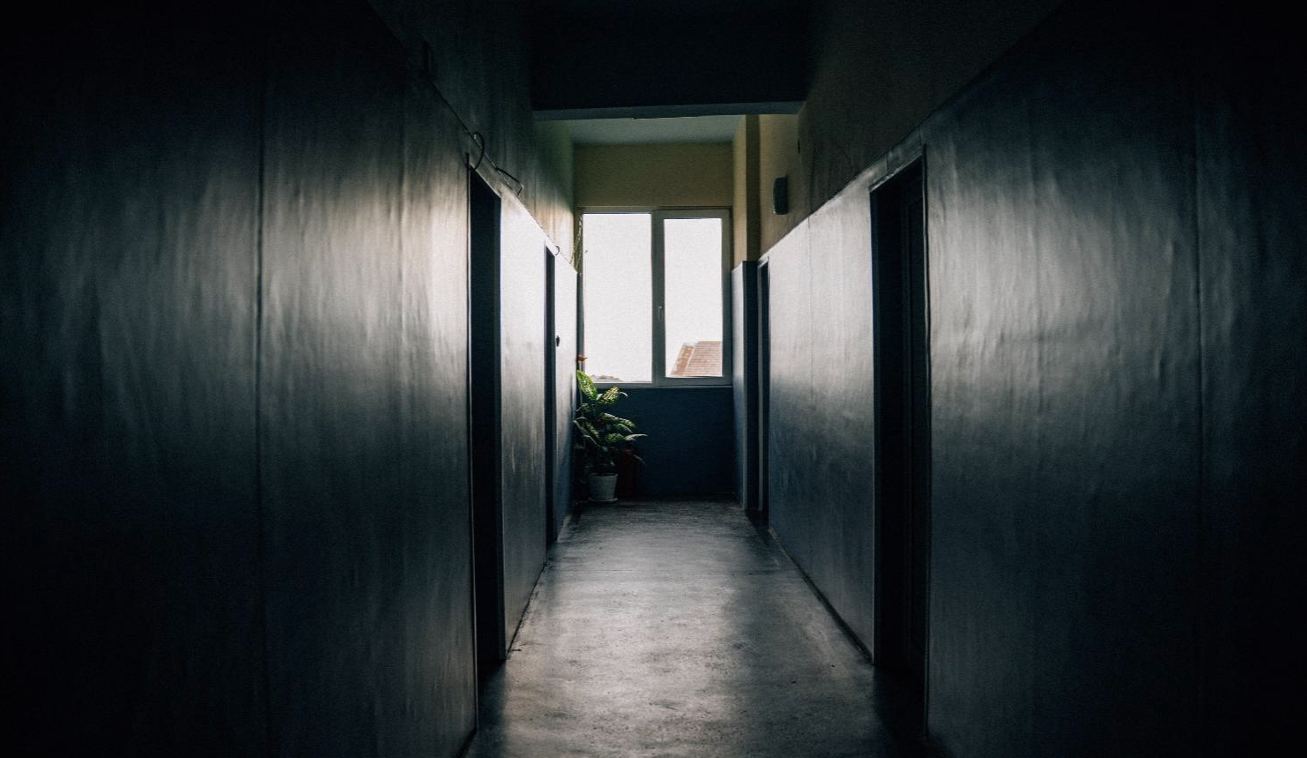On 22 – 23 November, the Albanian Disability Rights Federation organised a conference entitled “Translating generalities of the Convention on the Rights of Persons with Disabilities into tangible actions – Strengthening networks and advocacy”. The event was organised in cooperation with the European Disability Forum and UNICEF, as part of a project they have been implementing in the Western Balkans.
ENIL’s Deputy Director Ines Bulic was invited to the conference to speak about deinstitutionalisation and Independent Living, as well as to share ENIL’s experiences of networking and advocacy at the European level.
The aims of the conference, as explained by the organisers, were to bring together CSOs, the national and local authorities and other actors, to make sure everyone understands the UN Convention on the Rights of Persons with Disabilities (CRPD) and to discuss its implementation. The day before the conference, a workshop was organised with the selected CSOs to plan the alternative report to the CRPD Committee, as Albania nears its initial review in 2019. The organisers, with the help of the International Disability Alliance, tried to encourage a coordinated account of the many barriers disabled people face in exercising their CRPD rights in Albania.
The conference was well attended – by some 120 delegates from all over the country – which included many disabled people, parents of disabled children, organisations providing services to disabled people, UNDP, UNICEF and the EU delegation. The discussion was heated, at times, especially when the Ministry representative was on the panel. It was clear that there are not many occasions when the Social Affairs Ministry meets with disabled people from outside Tirana.
The official report by the Albanian Government to the CRPD Committee (submitted in 2015) accepts that, in Albania, Independent Living is not possible. In paragraph 119, the report states: “[…] in Albania there are yet no services in support of persons with disabilities who want to lead an independent life in their communities […]”.
Examples provided by the participants included that of prejudice, stigma, inadequate legislation, discrimination in access to mainstream services and facilities, absence of personal assistance, lack of support to families with disabled children, lack of early intervention, absence of accessible housing, poor accessibility of both facilities and services, and poverty (especially in rural areas). There were examples of cash benefits, which were so low that only family members could be hired to provide some limited support. The situation of disabled people under guardianship and in psychiatric institutions was also discussed.
Other issues mentioned were prevalence of the medical model, whereby assessment is still heavily based on the diagnostic approach, and the need for indicators for measure progress in implementing the CRPD.
Some good practices were also presented, such as efforts to take disabled people out of psychiatric institutions, with state-funded support provided in the community. It should be noted, however, that this comes with an expectation that they would also be supported by family members once they are at home.
It was clear that there are many challenges in Albania when it comes to the CRPD implementation. However, there was also a lot of awareness about the right to Independent Living and the need for personal assistance for all disabled people who need this service. There were also calls to ensure that small institutions are not created in response to the need for housing and support.
The alternative report on the implementation of the CRPD is a good opportunity to take stock of all the barriers in access to CRPD rights, including when it comes to Article 19. Hopefully, this and the recommendations provided by the CRPD Committee will give the Government a push in the right direction and focus the advocacy efforts of Albania’s disability movement.


